University Academic Skills Module: Reflection Presentation Analysis
VerifiedAdded on 2023/01/17
|9
|572
|67
Presentation
AI Summary
This presentation provides a reflective analysis of the process of completing an academic essay, as part of a university module on academic skills. The presentation outlines the student's experience, comparing past and present experiences, and discussing the impact of study skills classes and feedback. The Gibbs Model is used to analyze the writing process, highlighting what went well, the emotional impact, and lessons learned. An action plan is developed, incorporating models for emotional intelligence and writing skills, to address areas for improvement. The conclusion emphasizes the importance of writing skills, feedback, and action planning for effective writing and academic success. References include various academic sources supporting the presentation's points.
1 out of 9
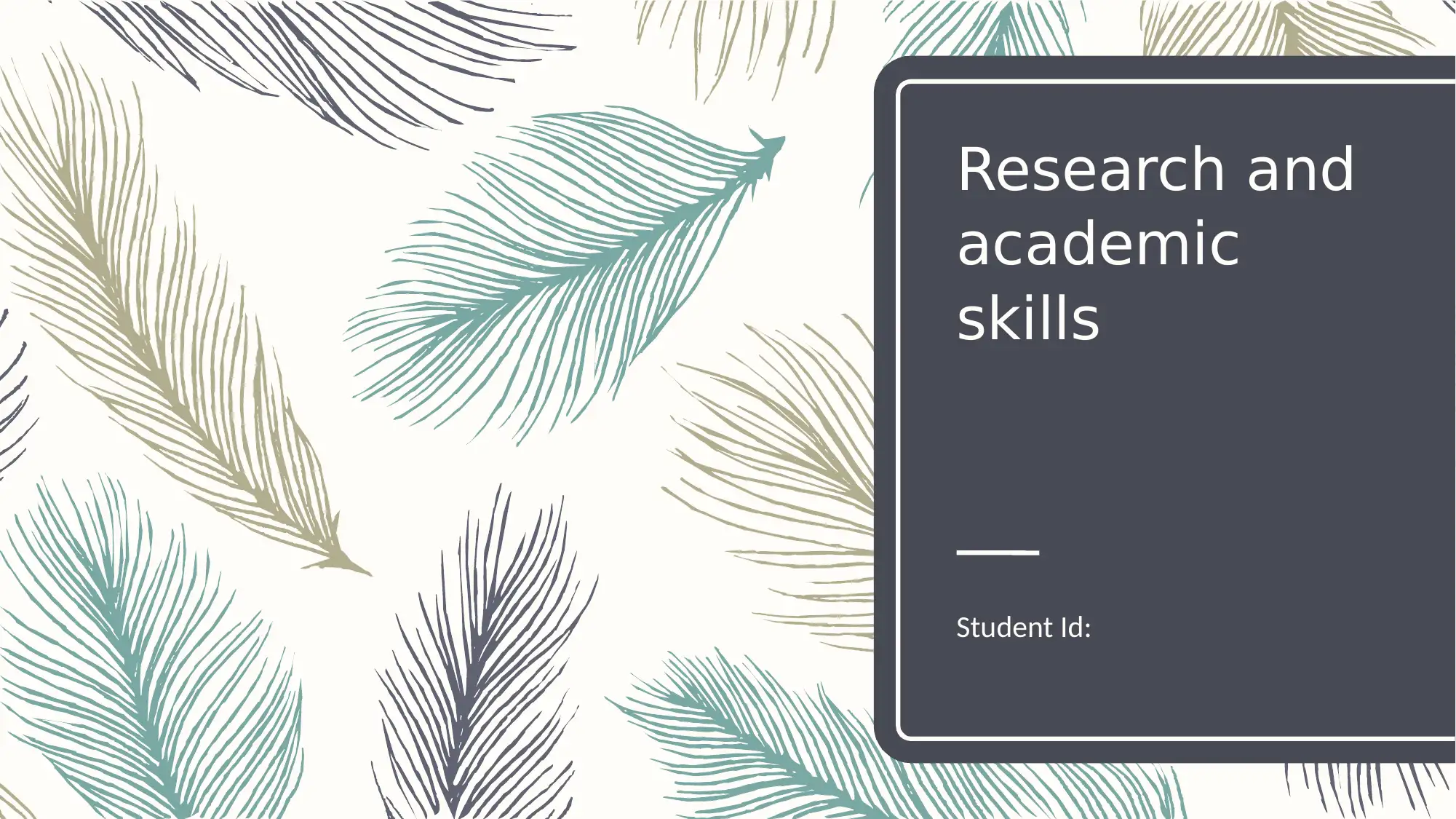
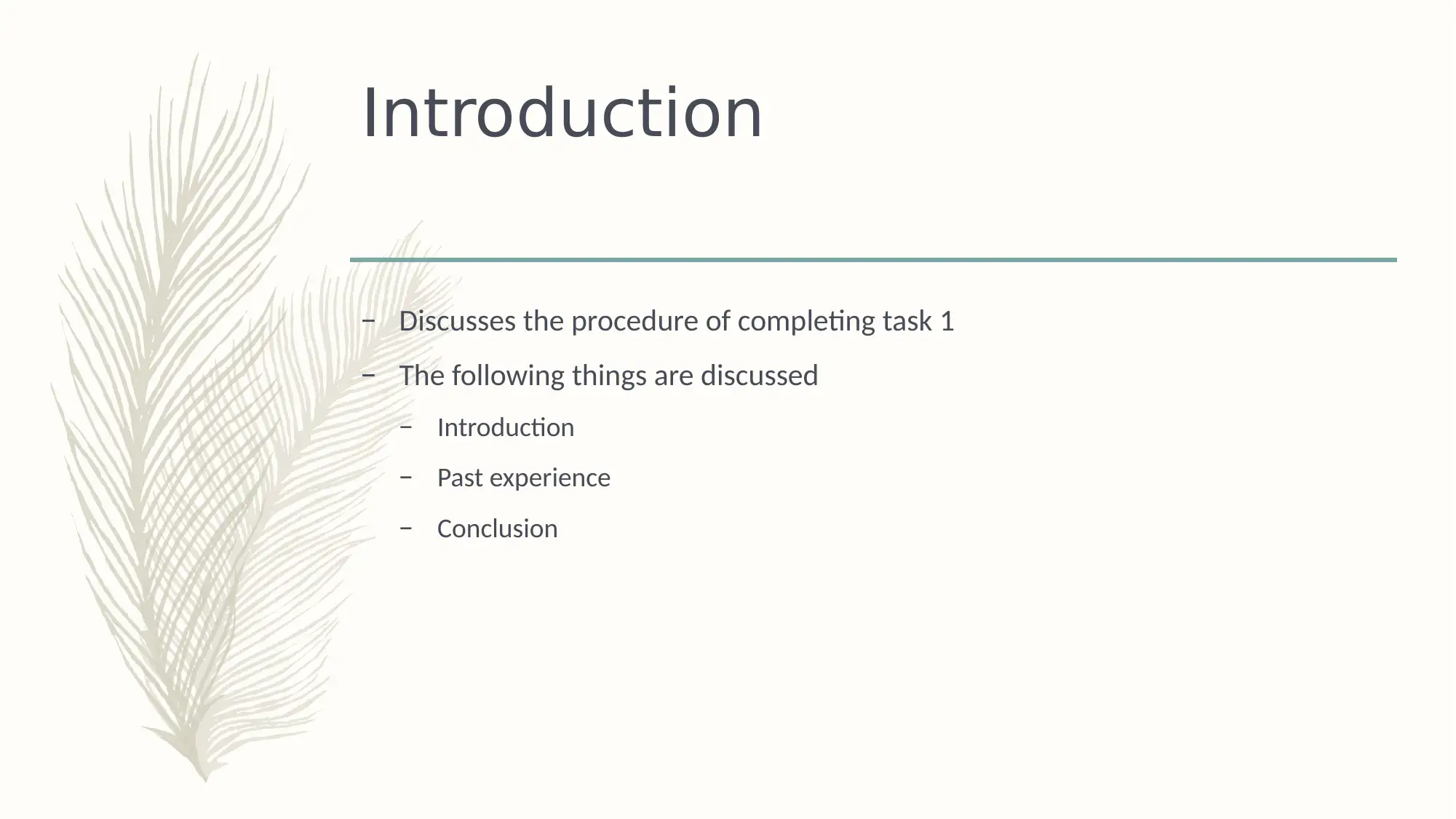
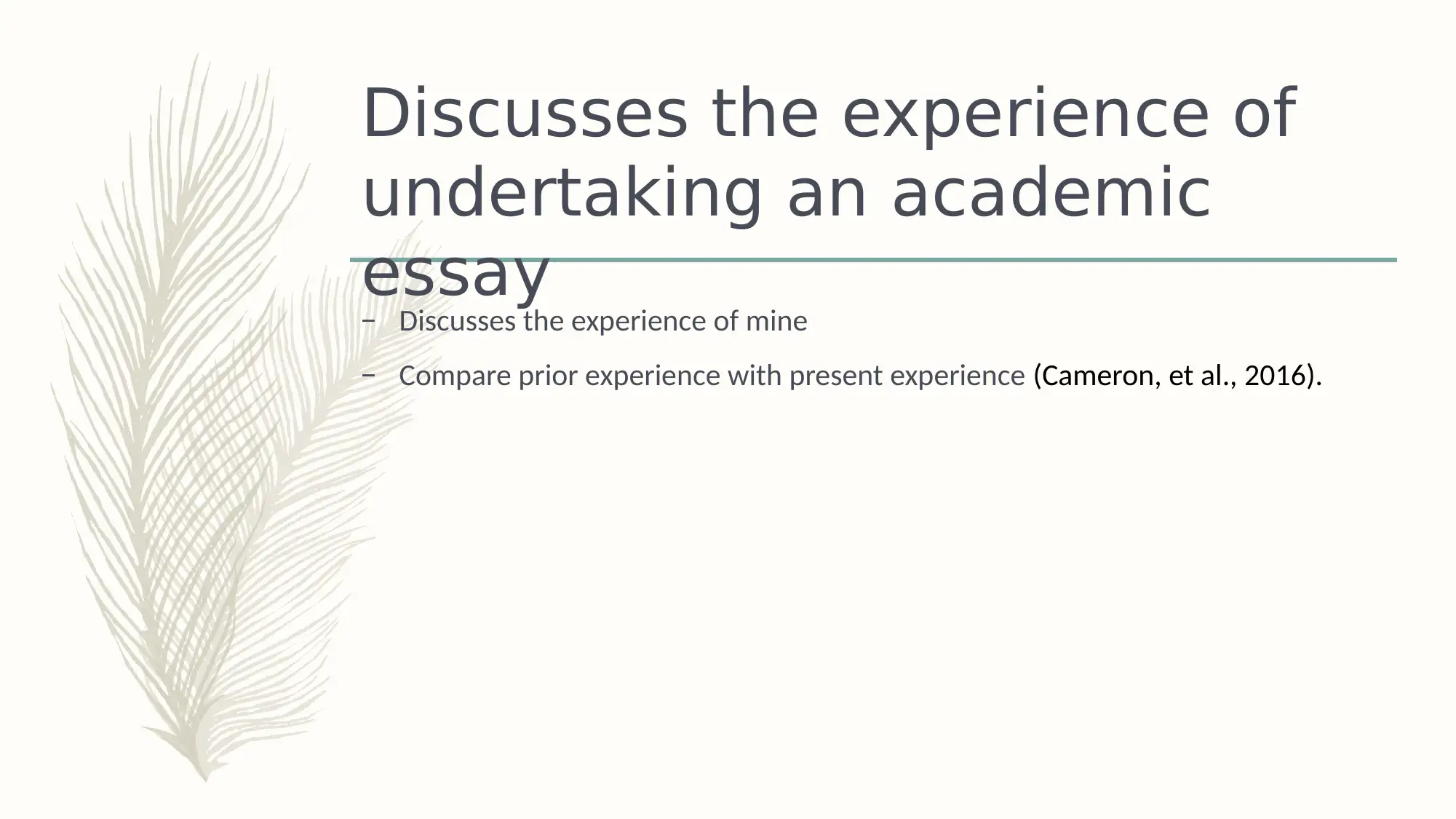

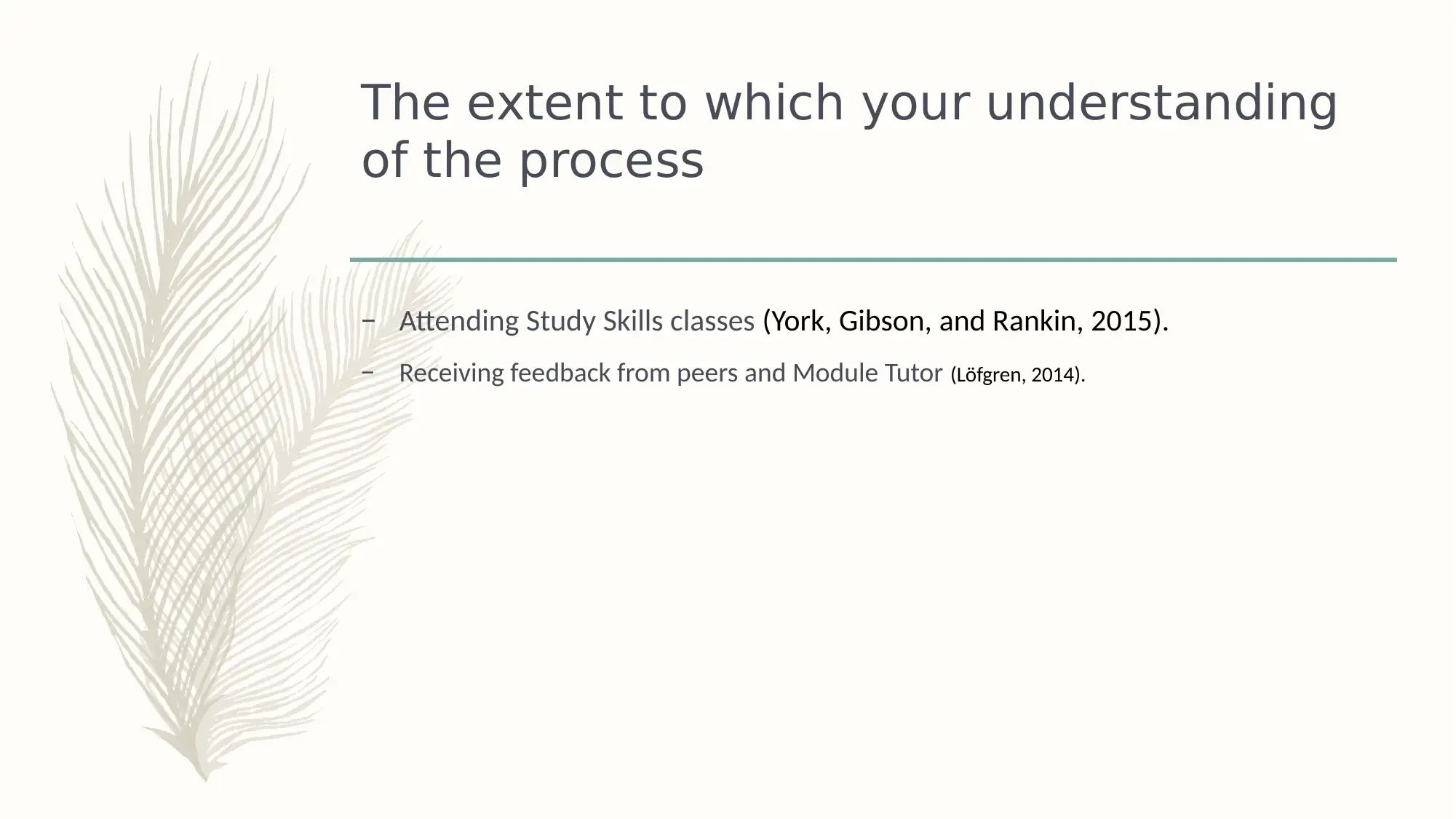
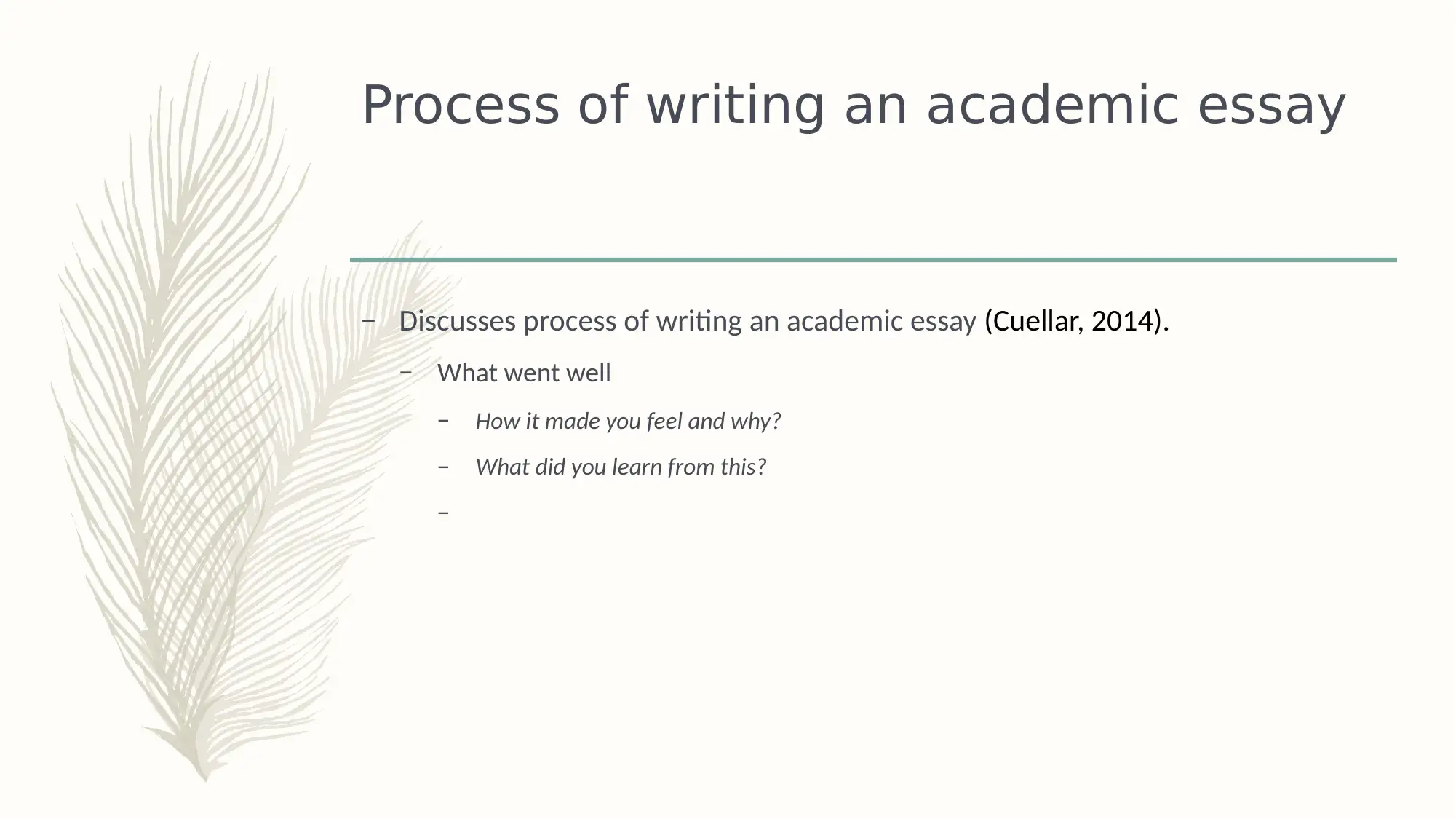
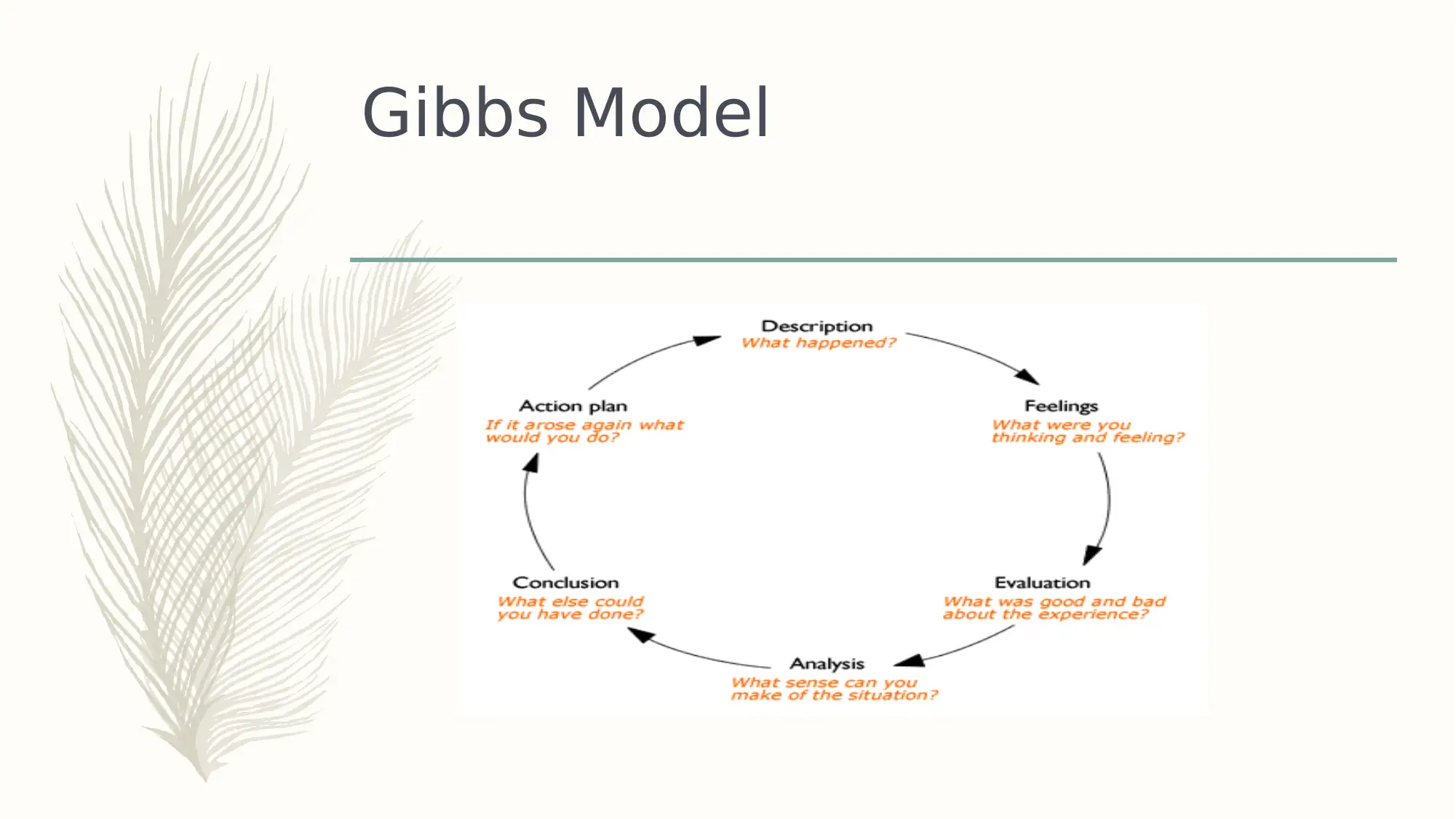
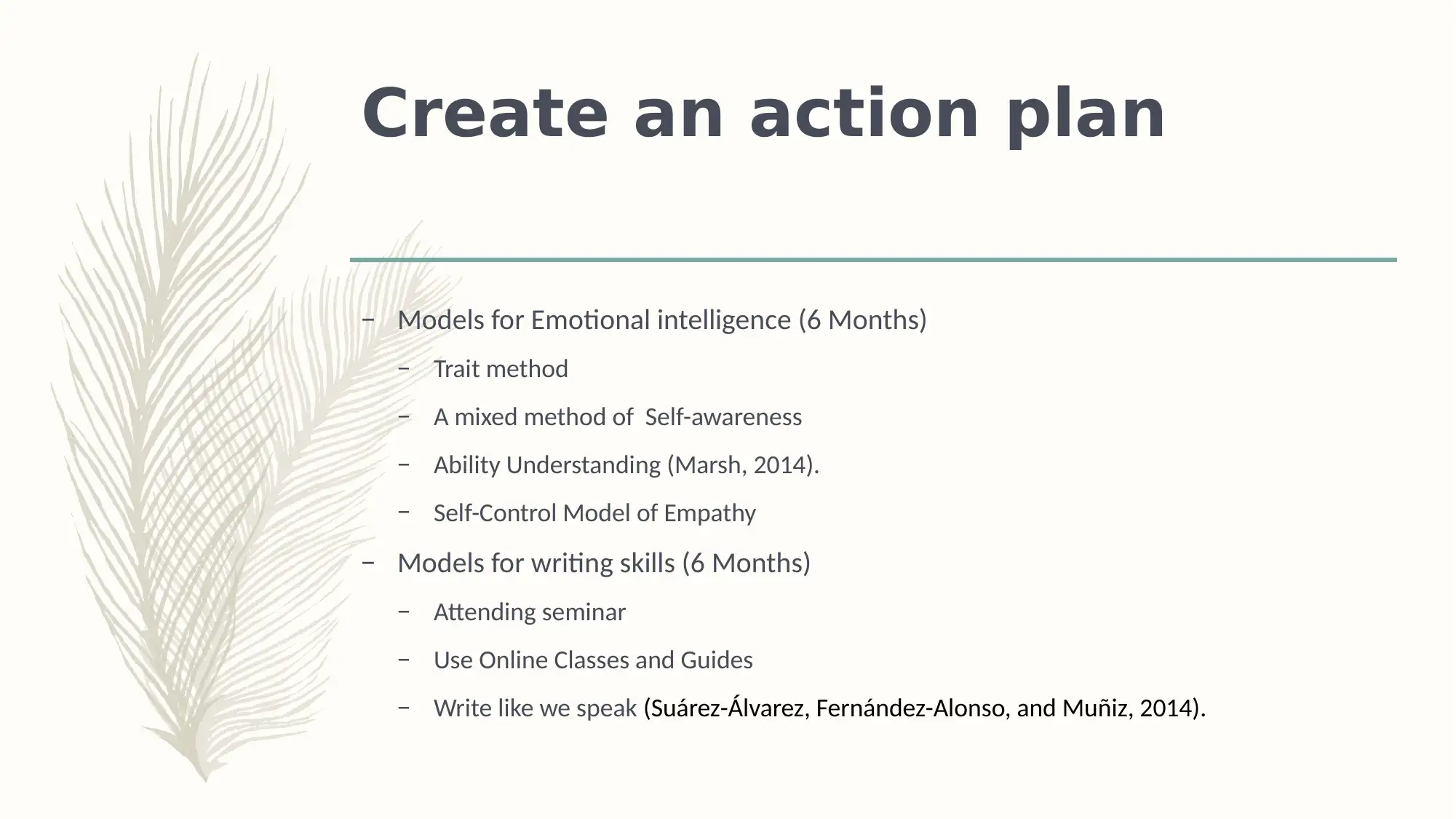
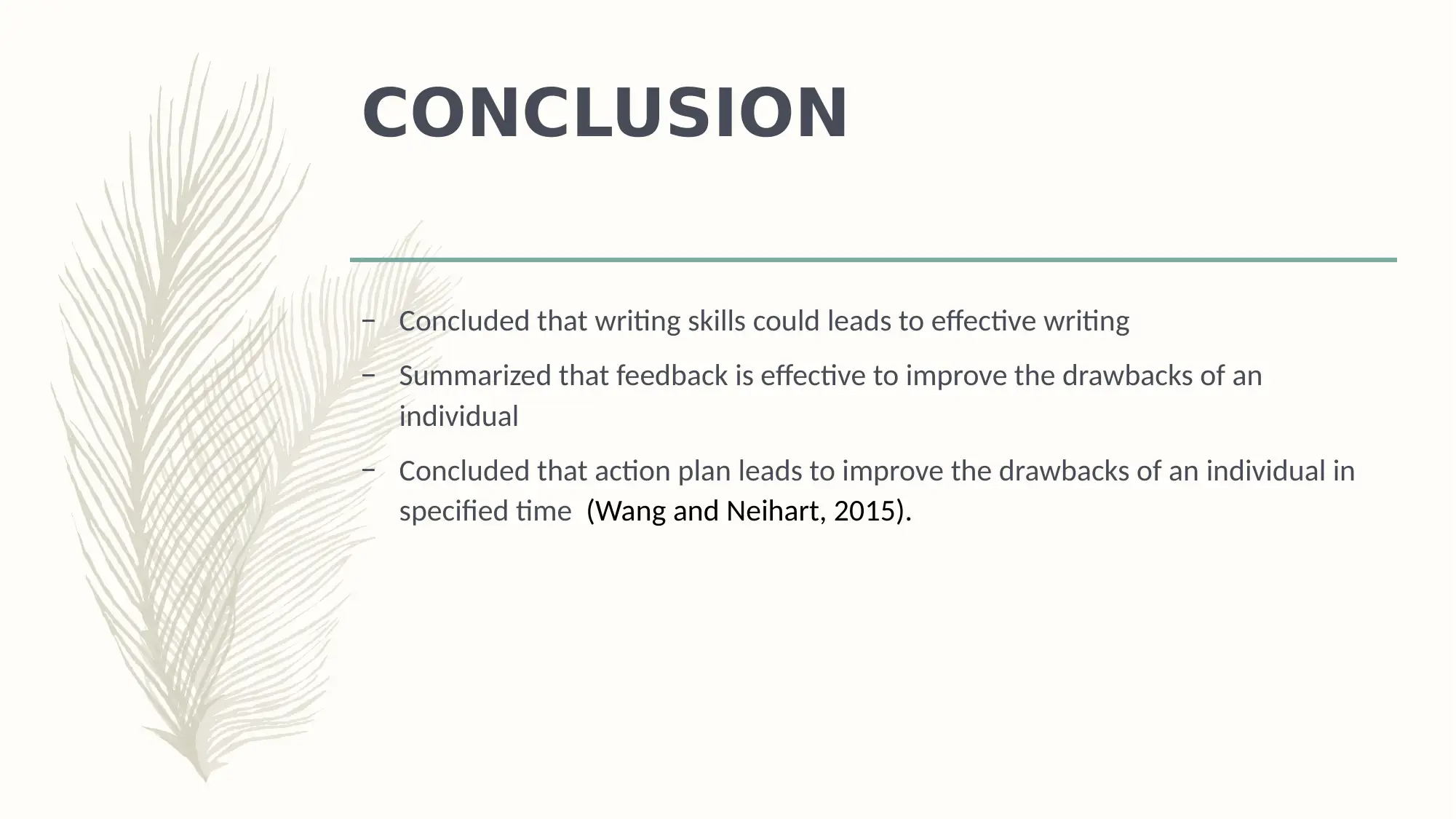
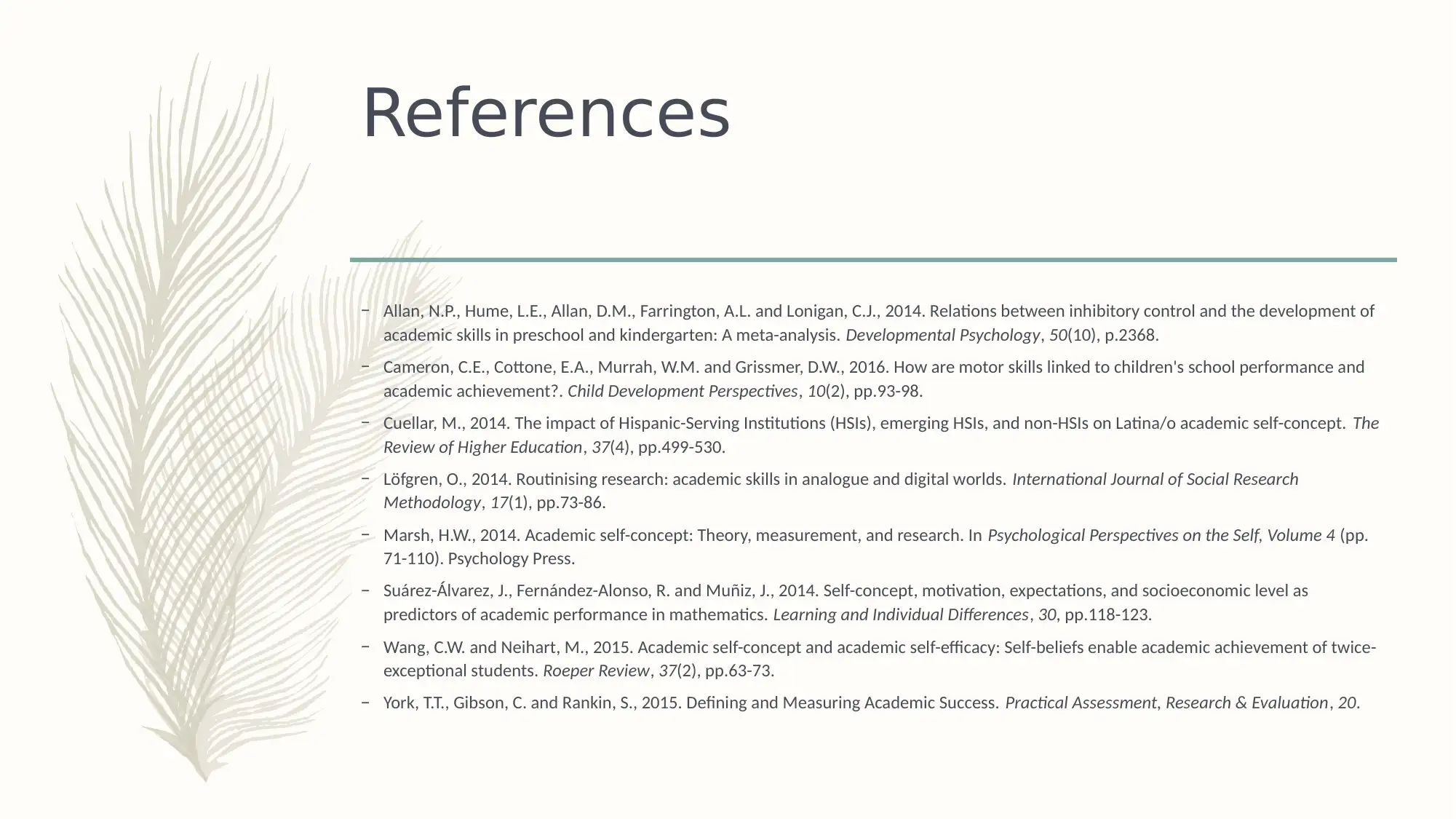

![[object Object]](/_next/static/media/star-bottom.7253800d.svg)